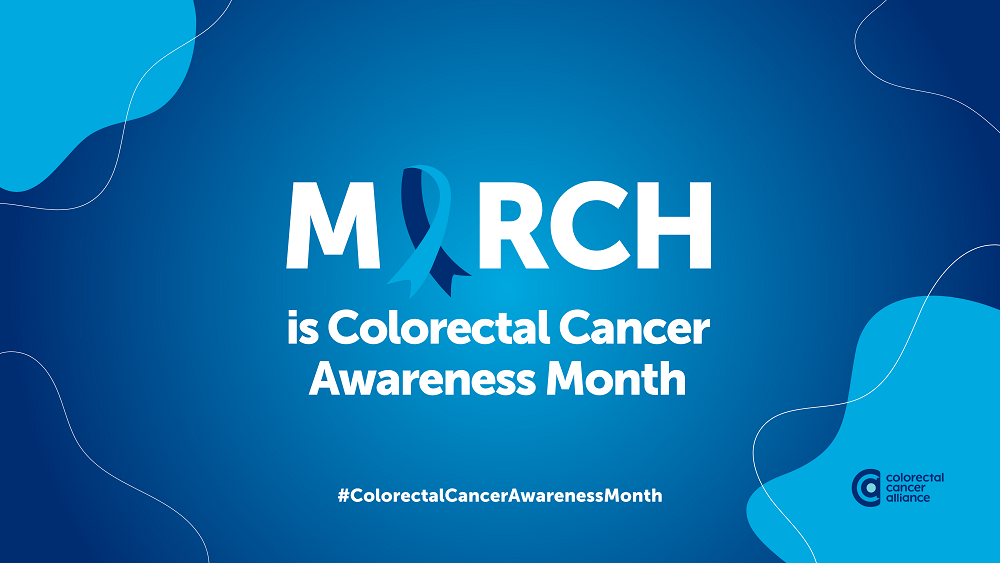POTSDAM, NY – If you have a first degree relative who has/had colorectal cancer, you have a higher risk of getting the disease.
March is Colorectal Cancer Awareness Month, and the team of Gastroenterologists with St. Lawrence Health want to reinforce the importance of being screened via a colonoscopy.
According to the American Cancer Society, excluding skin cancers, colorectal cancer is the third most common cancer diagnosed in both men and women in the United States.
“Not all cancers are hereditary, and if someone has or gets colon cancer, that does not mean they will get rectal cancer, and vice versa,” stated Canton-Potsdam Hospital Gastroenterologist Rajiv Shah, MD. “The symptoms, however, are the same for both cancers.”
Symptoms may include pain in the abdomen, blood in stool, change in bowel habits, constipation, narrow stools, or passing excessive amounts of gas. Some individuals may also feel tired or experience
weight loss. There may be few to no symptoms in the early stages of colorectal cancer, so yearly screening beginning at age 45 is important; earlier if risk factors are involved.
The lifetime risk of developing colorectal cancer is about one in 23 for men, and one in 26 for women. Each person's risk, however, might be higher or lower than this, depending on their risk factors. Some of the factors, like smoking or being over weight, can be changed; others, like a person’s age or family history, cannot be changed.
It is important to realize that having a risk factor, or even many, does not mean a person is destined to get the disease. And some people who get the disease may not have any known risk factors.
“I urge everyone to eat a minimal amount of processed foods, and encourage them to eat a diet high in fiber. An increase in exercise and decrease in alcohol and tobacco use is also important for the body,” Dr. Shah said. “Most importantly, get screened.”
St. Lawrence Health’s (SLH) Gastroenterology Department is comprised of a team of six providers. Colonoscopies are available at Canton-Potsdam Hospital, Gouverneur Hospital, and Massena Hospital.









